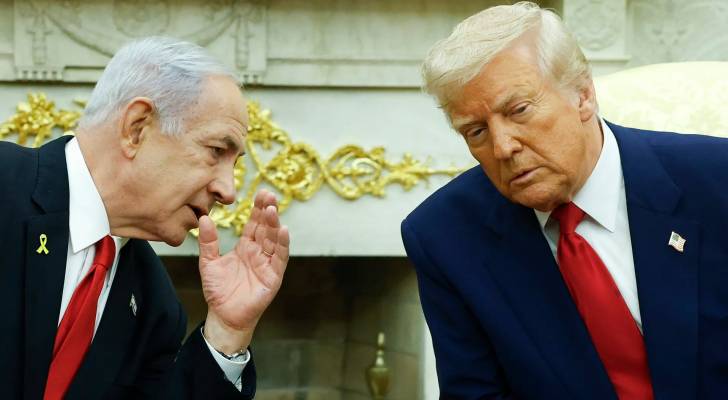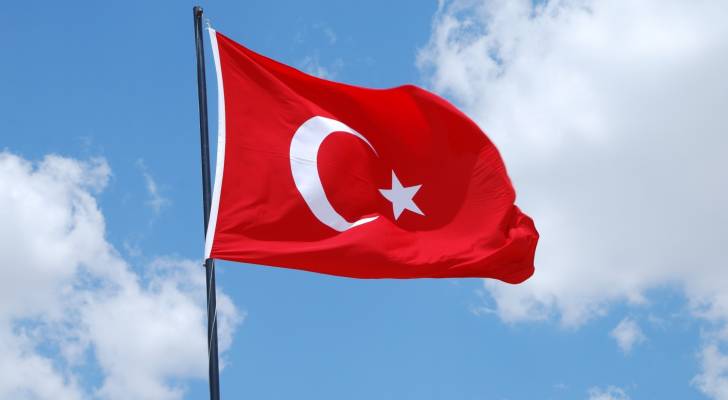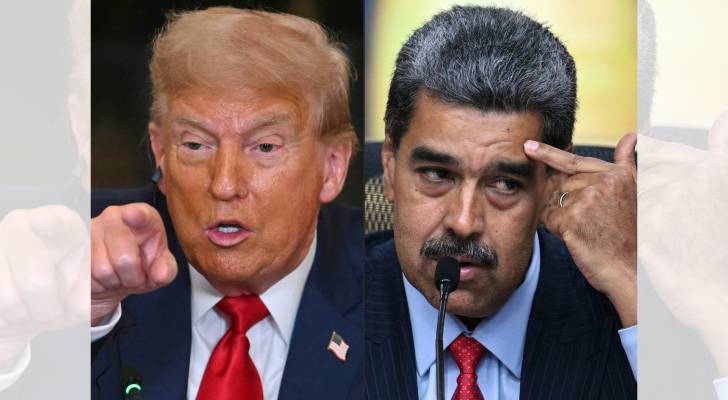King Abdullah and European recognition of Palestine - By Hasan Dajah, The Jordan Times
Since the outbreak of the Israeli aggression on Gaza on October 7, 2023, Jordanian diplomacy, led by His Majesty King Abdullah, has emerged as one of the most balanced and bold Arab and Islamic voices in defending Palestinian rights and redirecting the international community toward the reality that the Palestinian issue is not an urgent security or humanitarian crisis, but rather a matter of ongoing occupation for more than seven decades, during which the Palestinian people suffer from injustice, marginalization, and oppression.
Amid the din of misleading narratives that Israel sought to promote in the first hours and days after October 7, which attempted to portray itself as a victim and divert the world's attention from the root causes of the conflict, the Jordanian voice was strongly present in all international forums. King Abdullah has used both quiet diplomacy and sharp diplomacy to pressure Western decision-making centers, particularly in Europe, to adopt a more balanced and fair discourse that recognizes that what is happening in Gaza and the West Bank is a direct result of the Israeli occupation and its racist and expansionist policies.
The shift in European positions has gradually begun to emerge with the increasing frequency of His Majesty King Abdullah's visits to major European capitals, such as Paris, Berlin, Brussels, and Madrid, in addition to his active participation in high-level international conferences and his direct and ongoing contacts with European Union leaders, heads of government, parliaments, representatives of human rights organizations, and influential decision-making centers.
At each stop, His Majesty has conveyed a clear message: what is happening in the Palestinian territories is a result of the occupation, and that the continuation of the war will only lead to more violence and chaos. In his diplomatic address, the King focused on two key points: first, the need to immediately stop the war and spare innocent lives; and second, that the only just and lasting solution lies in the establishment of an independent Palestinian state on the June 4, 1967, borders, with East Jerusalem as its capital, in accordance with international legitimacy resolutions and the principles of international law.
The results of these Jordanian efforts, supported by the diplomatic efforts of the Ministry of Foreign Affairs and Jordanian sovereign institutions, were evident in the positions of many European countries, which began to reconsider their traditional pro-Israel policies. Several European countries voted in the Security Council in favor of resolutions calling for an immediate ceasefire in Gaza, representing a major shift in European policy, which had traditionally either voted against or abstained from such resolutions.
The most notable and symbolic development came when more than 15 European countries, led by Spain, Ireland, Norway, Belgium, and Slovenia, announced their official recognition of the State of Palestine. France and Britain also indicated positive signs of recognition, in an unprecedented move. More than 143 countries voted in the UN General Assembly in favor of granting Palestine full membership, reflecting a tangible shift in the international mood.
This recognition would not have been possible without mounting political and moral pressure from numerous quarters, in which Jordan played a pivotal role. It emphasized that recognizing the State of Palestine is a necessary step toward establishing a just peace, not political hostility against Israel.
King Abdullah's efforts also contributed to galvanizing European public opinion, directly and indirectly influencing media and political discourse, redirecting discussions about the Palestinian-Israeli conflict toward its true roots. While some European governments attempted to identify with the Israeli narrative based on the "right of self-defense," the King's speeches in the European Parliament, the United Nations, and international forums presented a different narrative based on historical, legal, and humanitarian facts. His Majesty emphasized that the roots of the conflict do not begin on October 7 but rather go back to the Nakba of 1948 and the subsequent occupation, displacement, and ongoing violations of the Palestinian people's rights. King Abdullah's positions have represented a meeting point between the moral principles and political interests of European countries. He has sought to convince them that continuing to ignore the Palestinian issue is not only an injustice to an entire people, but also a direct threat to global stability, regional peace, and Europe's image as a defender of democratic values and human rights.
It can be said that Jordanian diplomacy, under the King's leadership, has succeeded in striking a delicate balance between a firm stance on the Palestinian issue and maintaining strategic relations with Europe and the United States. Jordan has not positioned itself as a hostile opposition, but rather as an advisory partner, conveying messages clearly and frankly without escalation, which has earned it the respect and trust of Western capitals.
King Abdullah's diplomatic efforts have demonstrated that a moderate Arab voice, when combined with political steadfastness and strategic acumen, is capable of bringing about real changes in the international system. The shift in the positions of a number of European countries in favor of ending the war and recognizing the Palestinian state is not merely a fleeting diplomatic success; rather, it represents a strategic shift that will be built upon in the coming period to consolidate Palestinian rights and revive the project of a just and comprehensive peace in the region. It is time for the world to listen to the voice of truth, which Jordan, under the leadership of its King, has been insistently repeating for decades: There will be no security or peace in the Middle East without ending the occupation, establishing an independent Palestinian state, and restoring rights to their rightful owners.
Latest News
-
 Trump shouts at Netanyahu in fiery phone call over Gaza hunger: report
Trump shouts at Netanyahu in fiery phone call over Gaza hunger: report
-
 Turkey urges global pressure to halt “Israel's” Gaza plan
Turkey urges global pressure to halt “Israel's” Gaza plan
-
 $50 million: US doubles bounty on Venezuela's Maduro
$50 million: US doubles bounty on Venezuela's Maduro
-
 20 Palestinians killed overnight in "Israeli" Gaza strikes, including 5 waiting for aid
20 Palestinians killed overnight in "Israeli" Gaza strikes, including 5 waiting for aid
-
 Trump says 'billions of dollars' now flowing into US after tariff deadline
Trump says 'billions of dollars' now flowing into US after tariff deadline